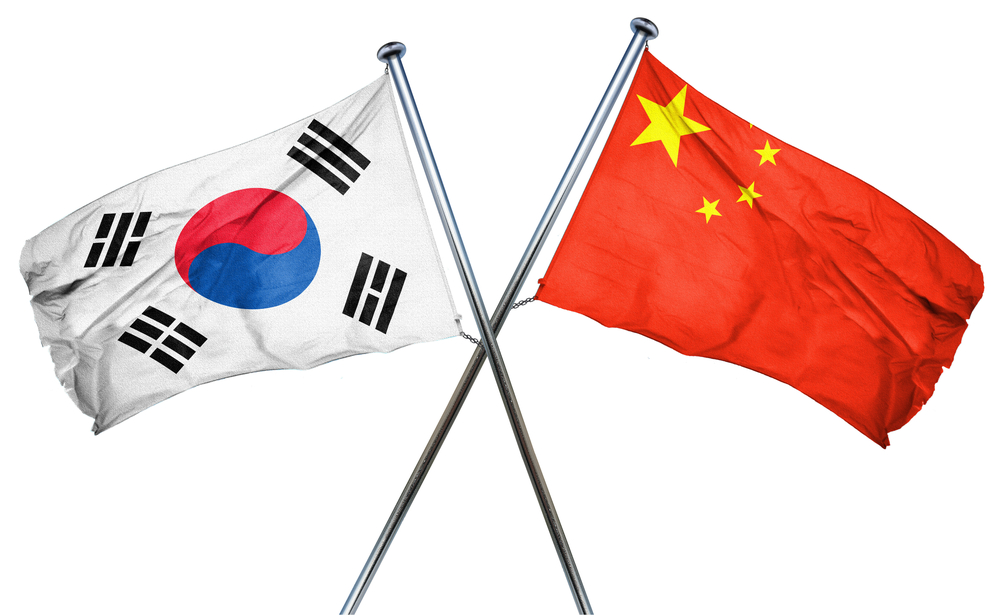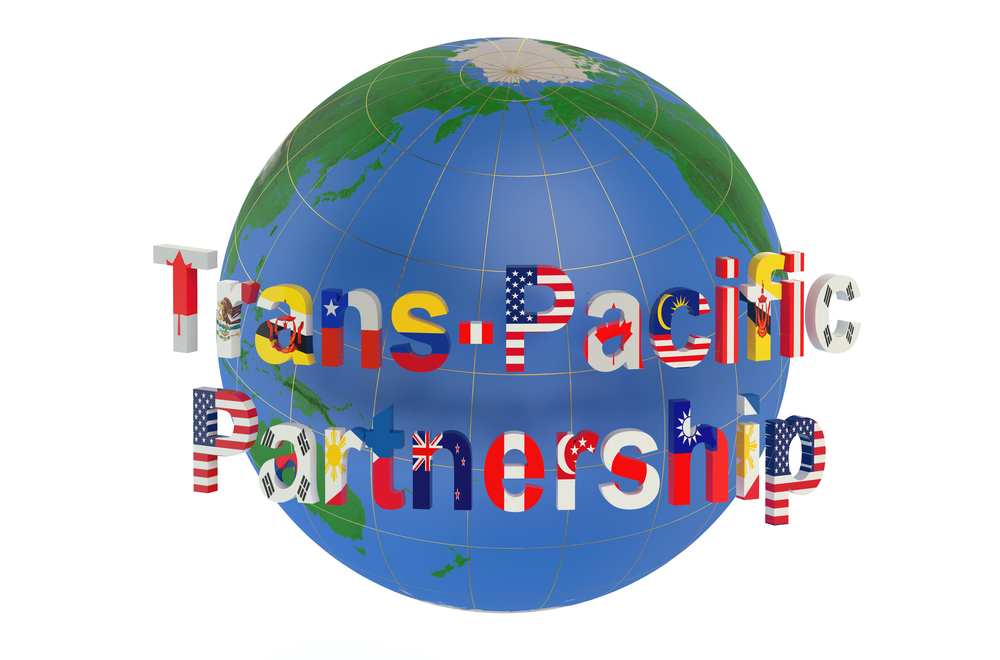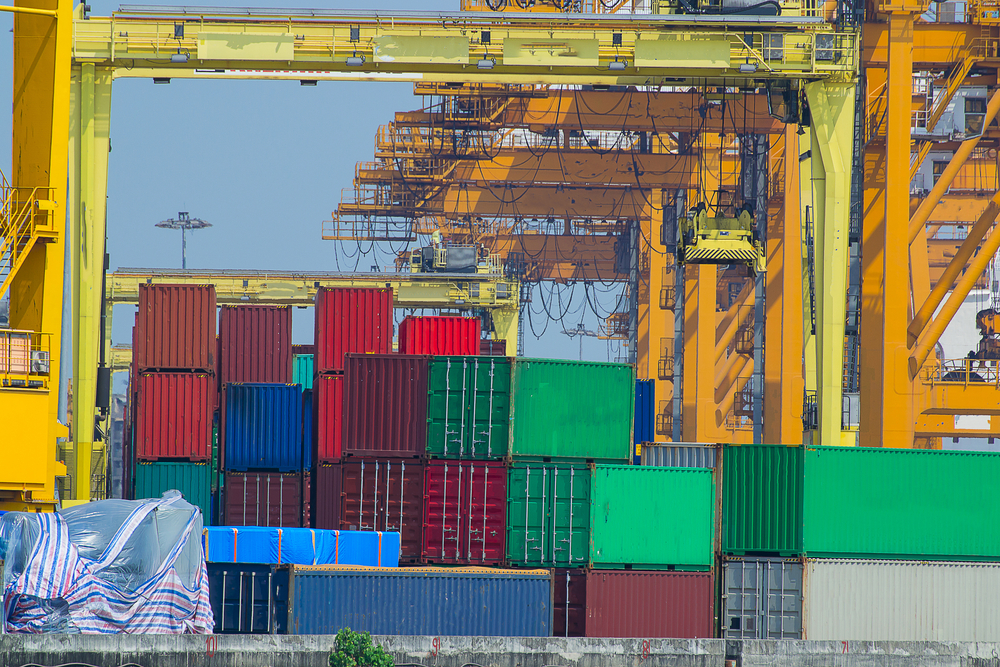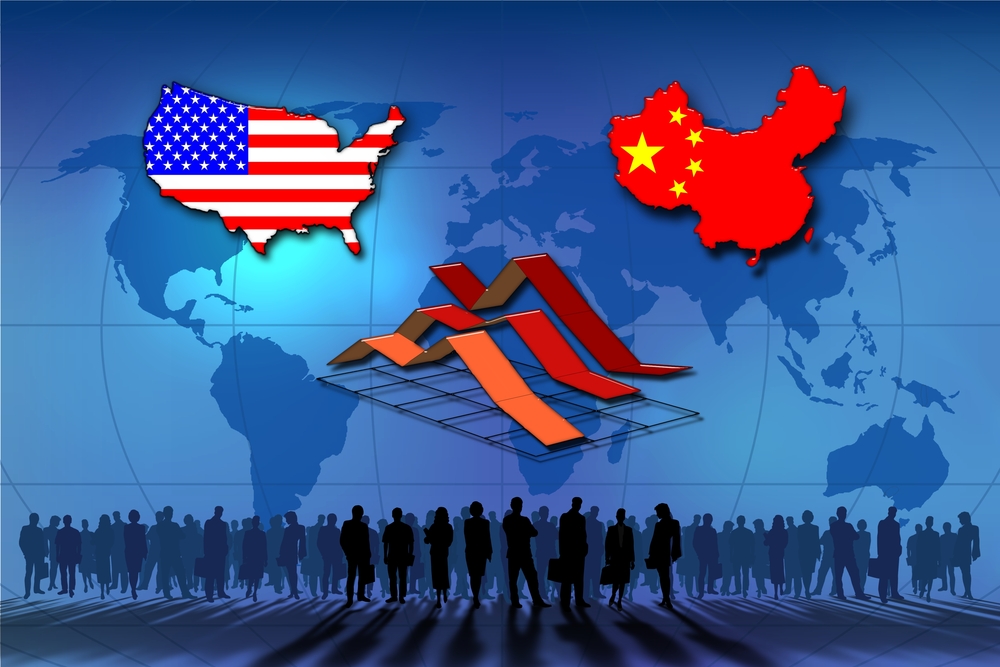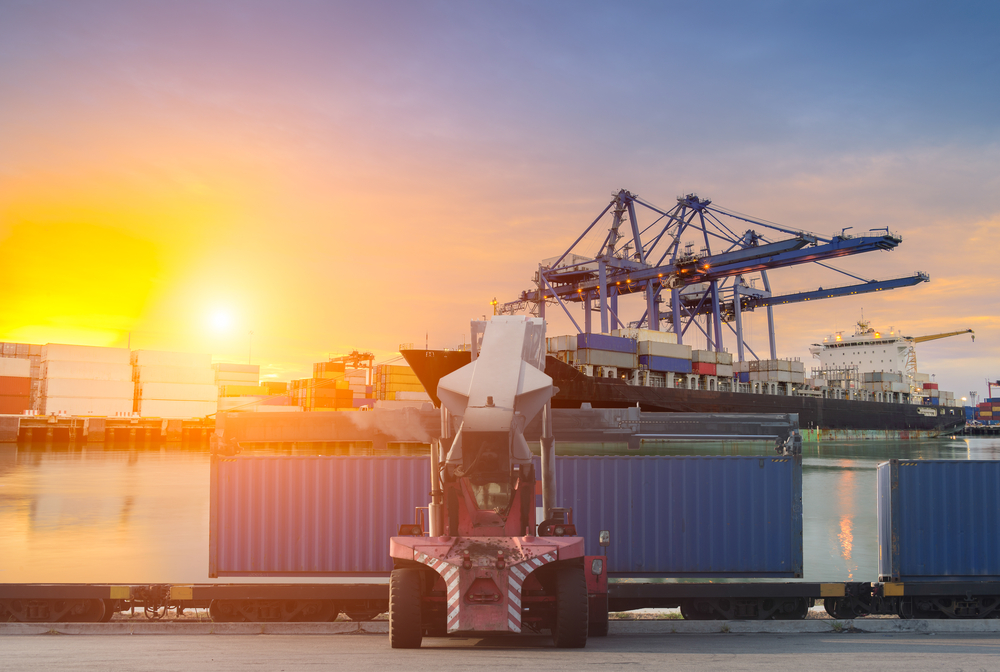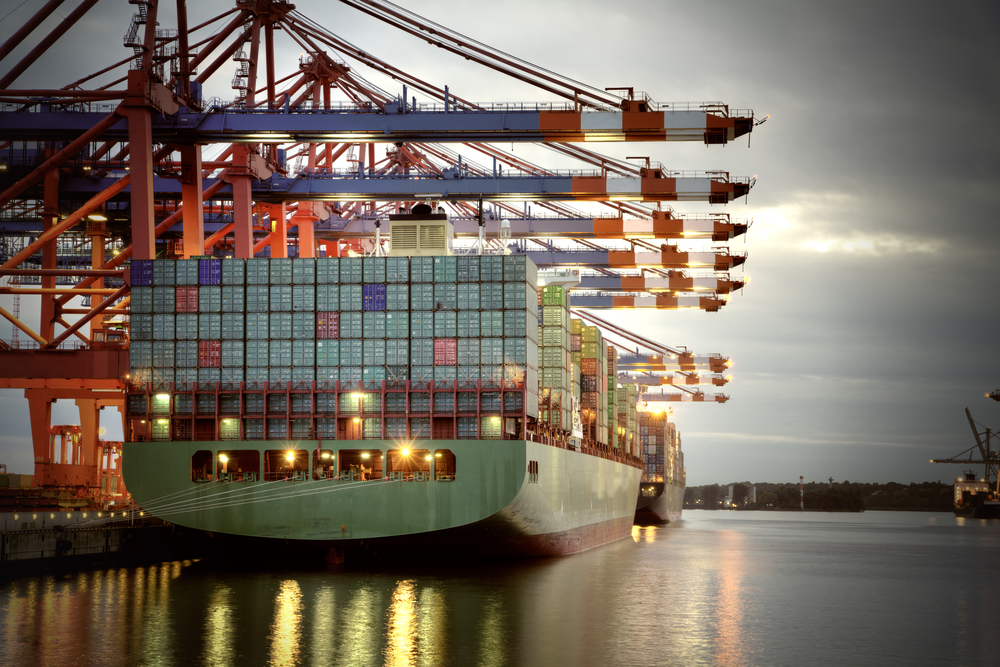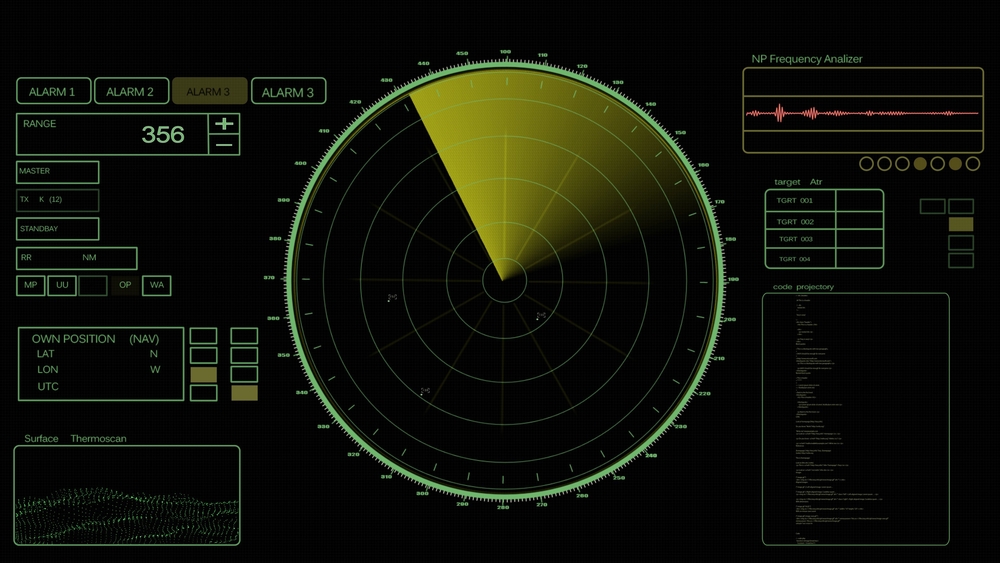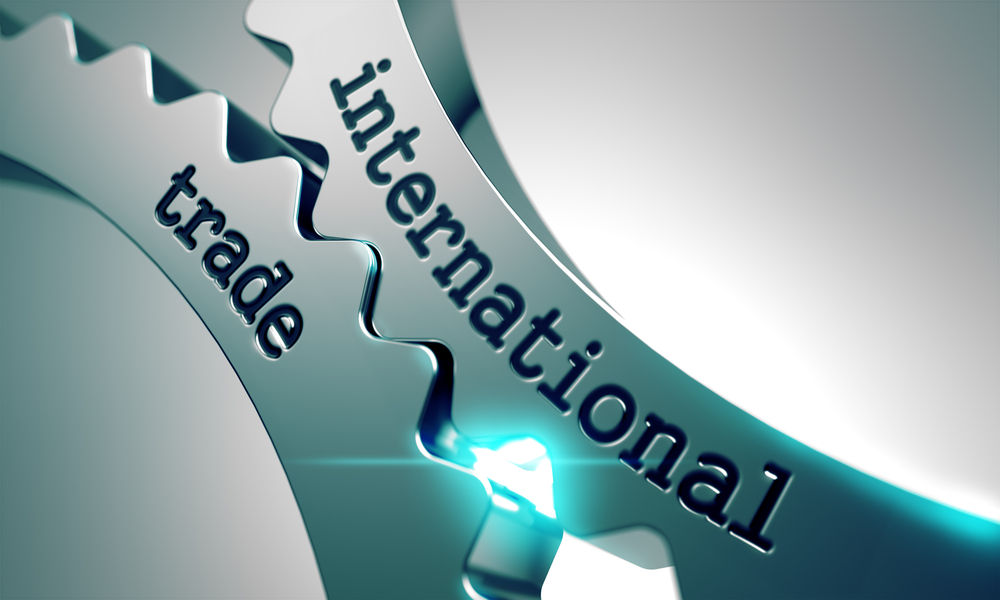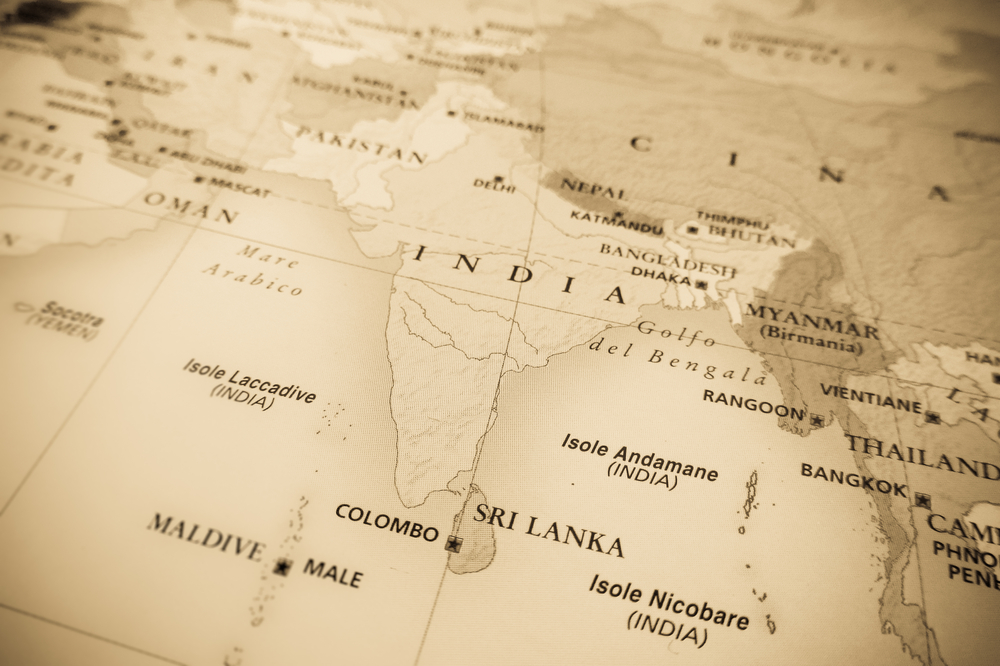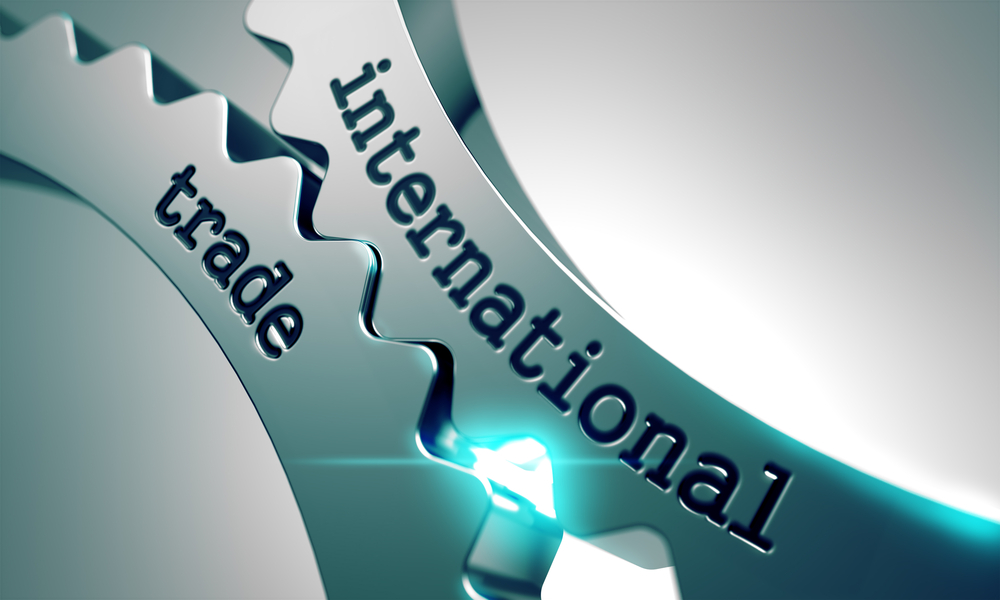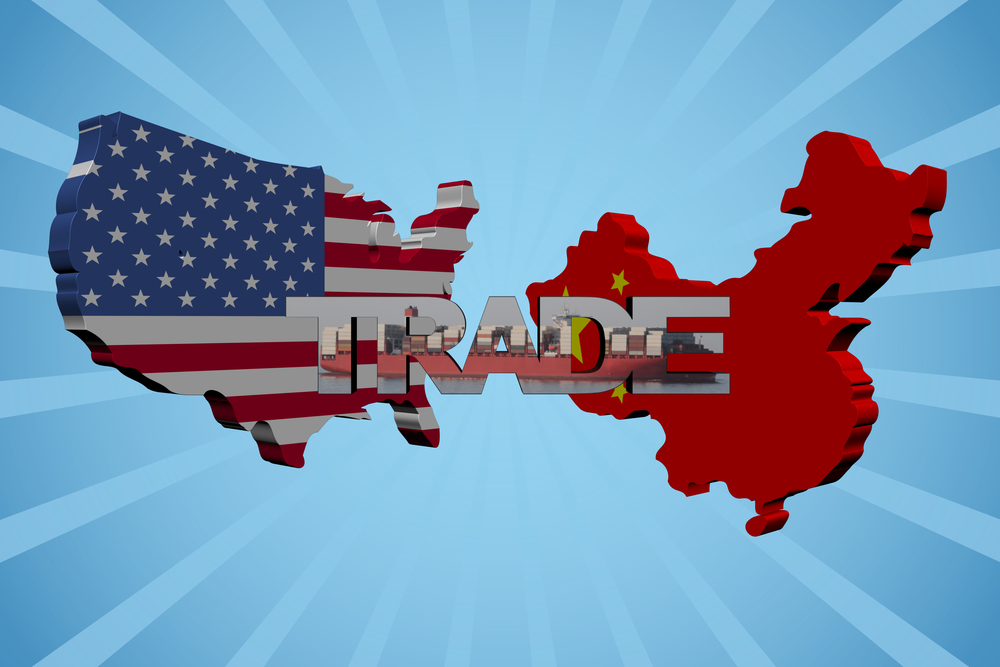When an FTA Falls Short
The South Korea–China Free Trade Agreement (FTA), which entered into effect in December 2015, has proved disappointing. The pact excludes too much economic activity and does too little to propel growth in both countries. As a result, South Korea and...
Can Obama Save the TPP?
President Barack Obama’s trip to Asia this week highlights how a key element of his would-be legacy is hanging by a precariously thin thread: the Trans-Pacific Partnership (TPP). President Barack Obama’s trip to Asia this week highlights how a key element of his...
Maybe India isn’t Interested in American-Style Trade Rules
On 2 May 2016, US President Barack Obama published an op-ed in the Washington Post in an attempt to bolster support for the highly controversial Trans-Pacific Partnership (TPP). The TPP has become a political football in the US election primaries,...
Intra-Regional Trade Lagging in South Asia
Recent decades have witnessed a growing trend towards regional economic integration. As of February 2016, some 625 notifications of regional trade agreements had been received by the WTO and of these, 419 were in force. However, South Asia is still...
Working on the (Global Value) Chain Gang
ASEAN is on the lookout for ways to accelerate trade facilitation and eliminate trade barriers by 2025 under its new 10-year ASEAN Economic Community (AEC) roadmap. Extensive research has demonstrated the vital role of global value chains (GVCs) in enhancing...
Can the U.S. and China Achieve Mutually Assured Prosperity?
After years of talks, negotiators concluded an agreement on the US-led Trans-Pacific Partnership (TPP) in October 2015. Since China is excluded from the TPP, one would expect antagonism rather than symbiosis between the Washington-advocated trade package and Beijing’s One Belt,...
Asian Trade Forges Ahead with the RCEP
There seems to be a pushback against trade agreements in the post-global financial crisis era. The Trans-Pacific Partnership (TPP) was signed in early 2016, but US presidential candidates have spared no effort criticizing it so near-term ratification is highly uncertain....
Trade Policy and Economic Opportunity
The goal of trade policy is not limited to increasing export opportunities. Nor is it just about improving trade balances. Rather trade policy is about taking opportunities to improve the economy’s productive base. When assessing a nation’s experience with bilateral...
Trade Stories Traveling Under the Radar
It is widely recognized that the sharp depreciation of the Japanese yen has not lifted Japanese export volumes. In December 2015, Japanese export volumes had fallen 4.4% year-over-year after rising 3.9% in December 2014 and 2.5% in December 2013. These...
Hawley-Smoot-Trump?
Republican presidential hopeful Donald Trump’s protectionist prescriptions have led to renewed speculation about whether trade wars are on the horizon. In other words, if, under a Trump presidency, the United States were to raise its tariffs against some of its...
SAFTA Not Working Like NAFTA
Pakistan’s trade with India leaves much to be desired. The volume of bilateral trade is very low, ranging between only 2 to 3 percent of each country’s total trade, and is concentrated in a few commodities. Trade is low and...
India Chooses to Remain Out of the TPP
In October last year, trade ministers from 12 countries reached an agreement on the Trans-Pacific Partnership (TPP). On 4 February, the agreement was signed. These developments have intensified debates within India about whether the country could fit into the TPP’s...
Could the U.S. Political Mess Threaten the TPP’s Success?
There has been a good deal of hype touting the recently concluded Trans-Pacific Partnership (TPP) agreement as the first ‘21st century’ trade pact. Whether it lives up to this high accolade is currently under debate, both in the United States...
Trade Agreements in a UK-less EU World
Let’s consider a scenario. On leaving the European Union, Britain will make a Free Trade Agreement with the EU, or trade with it under World Trade Organisation most-favoured-nation (MFN) rules. It will also regain its WTO seat and make trade...
Does the TPP Need China, and Vice Versa?
The Trans-Pacific Partnership (TPP) may yet be the agreement that most transforms national regulatory systems. It could be even more transformative than the Uruguay Round (1986–1994) that delivered the WTO and the 1994 Agreement on Trade-Related Aspects of Intellectual Property...

